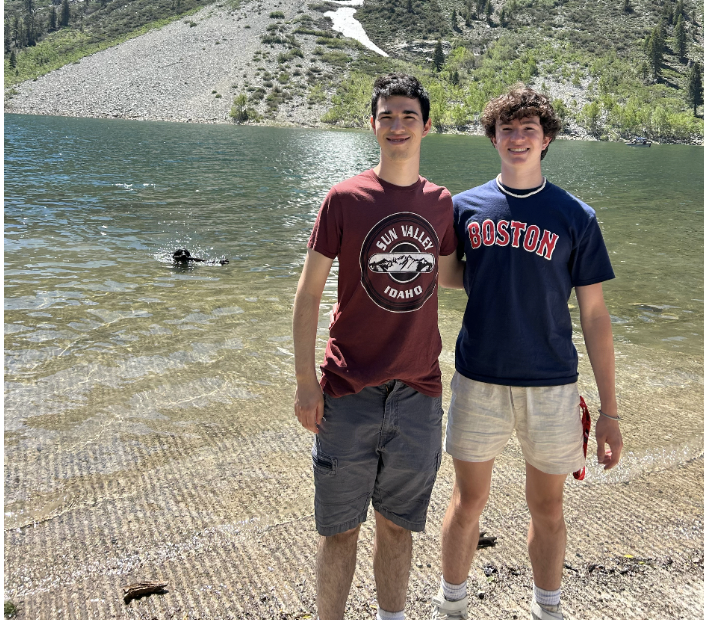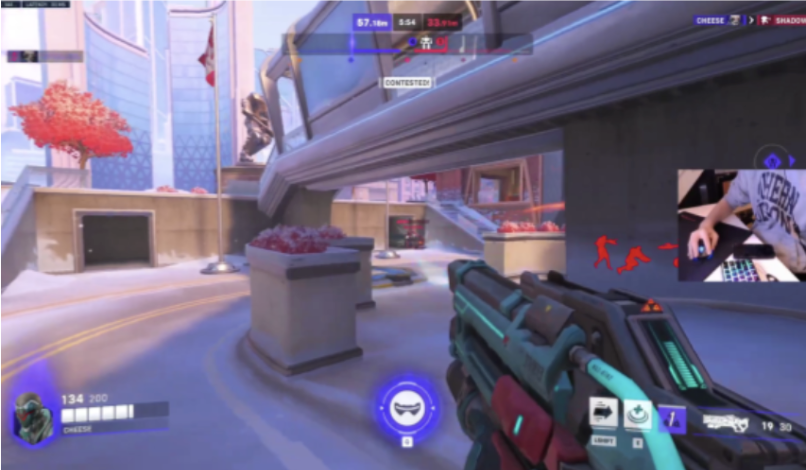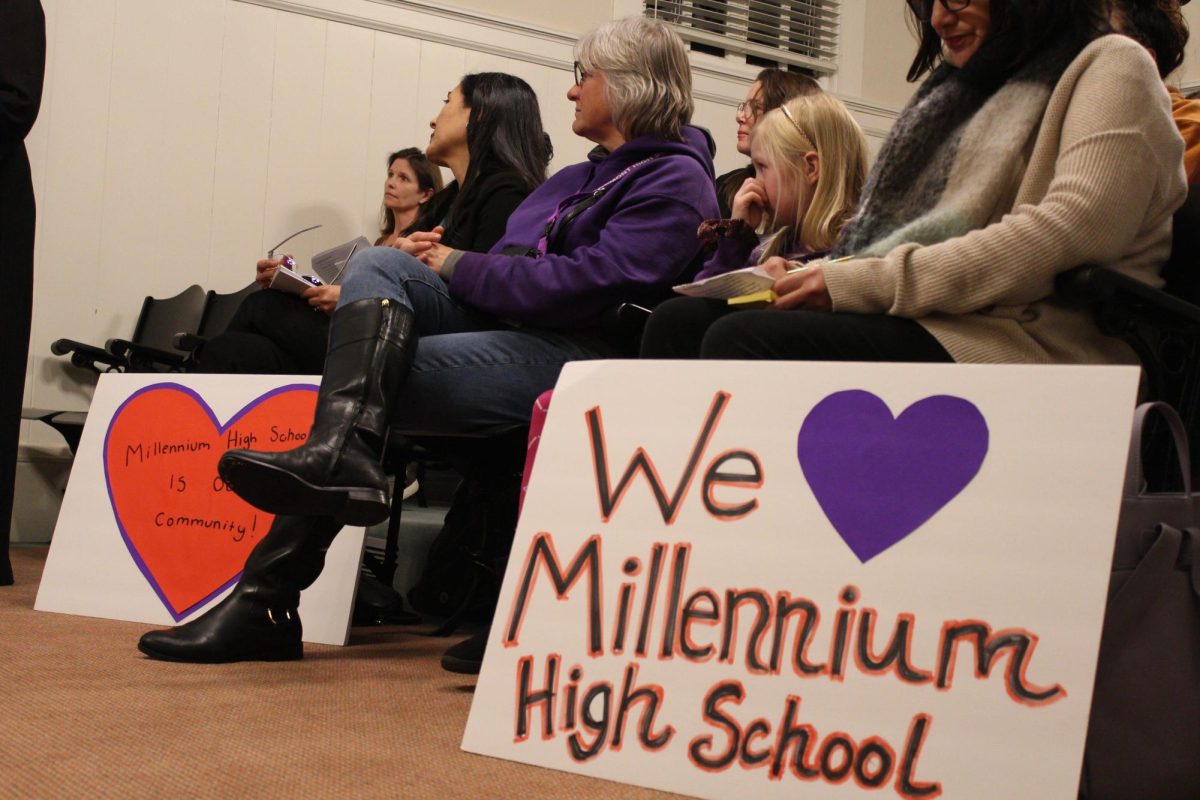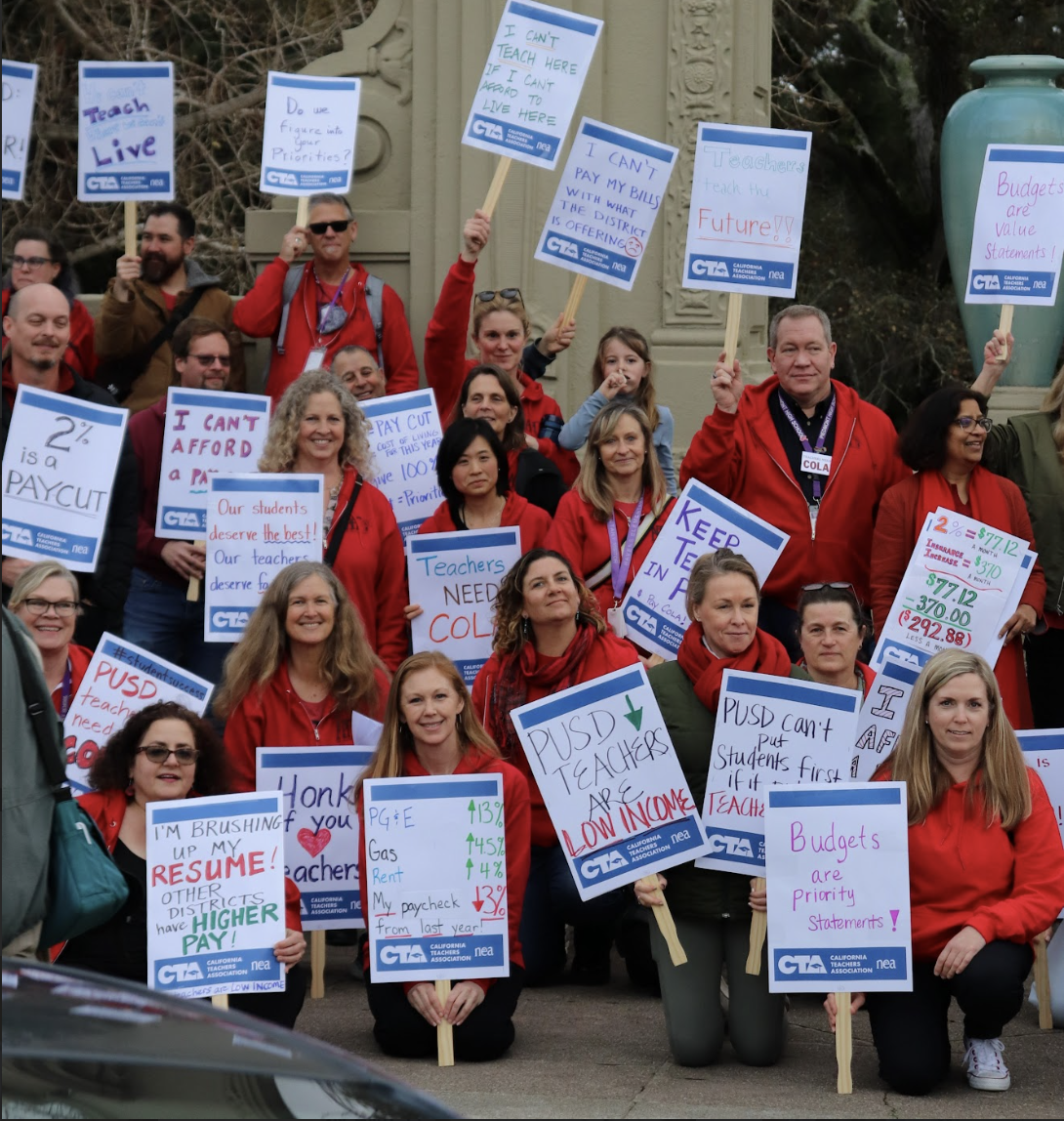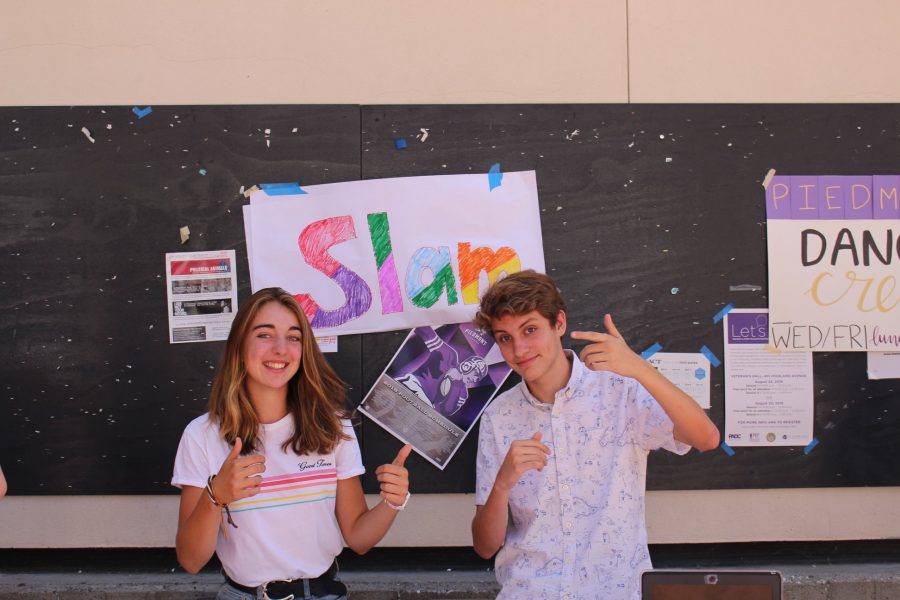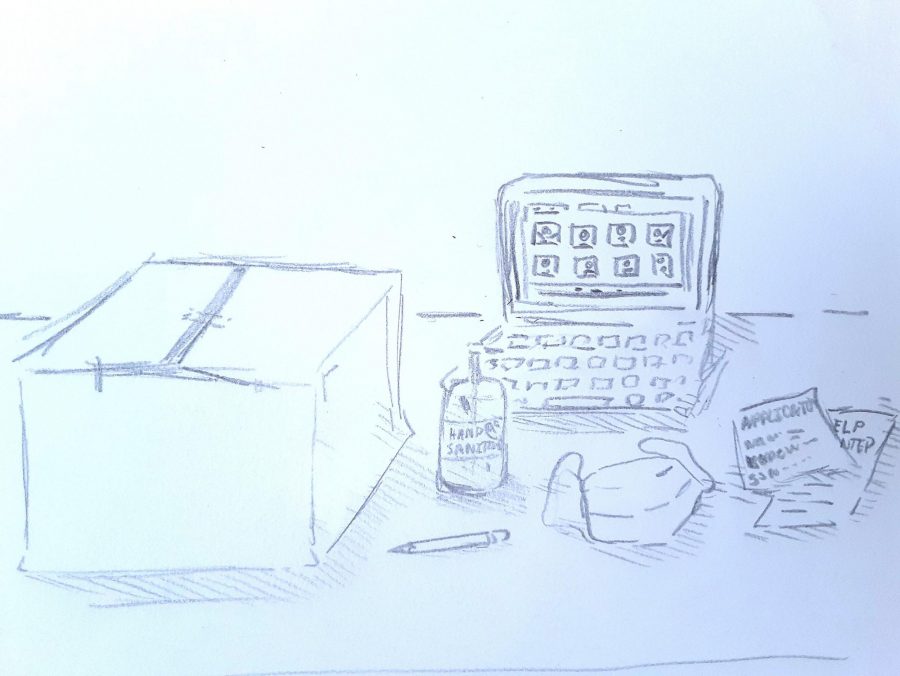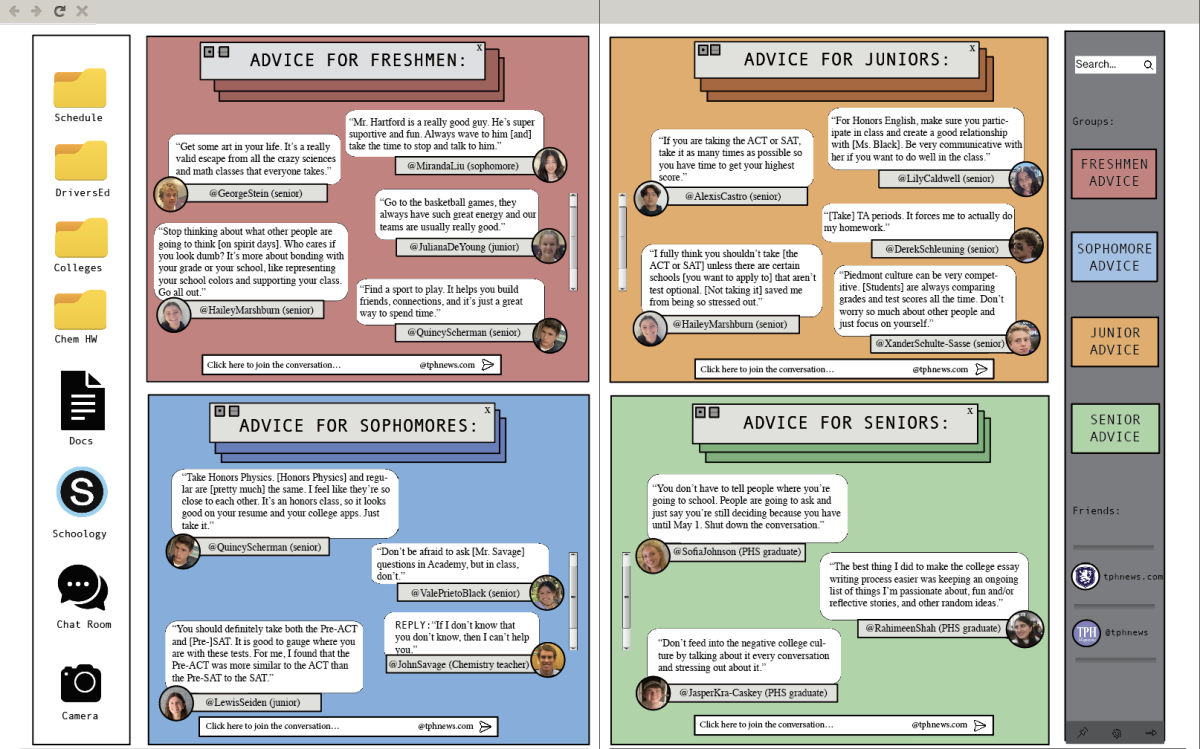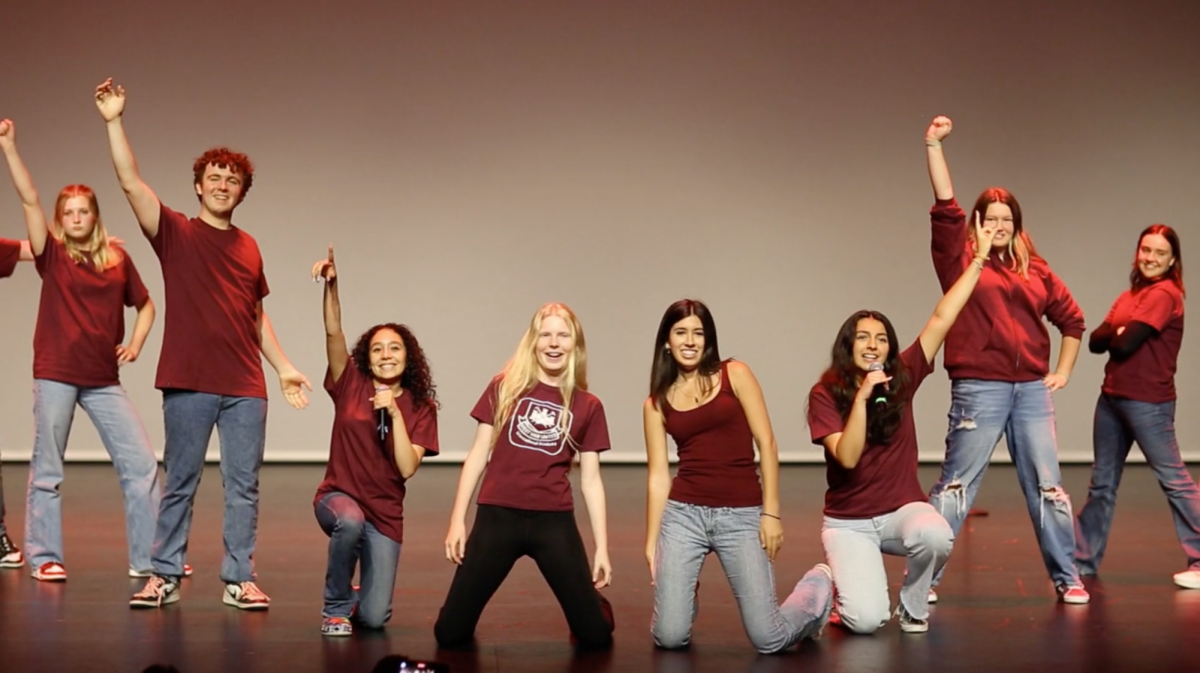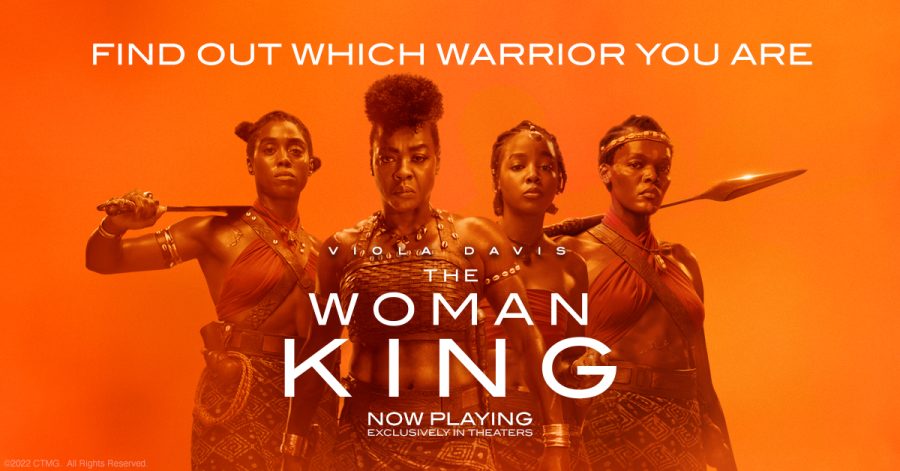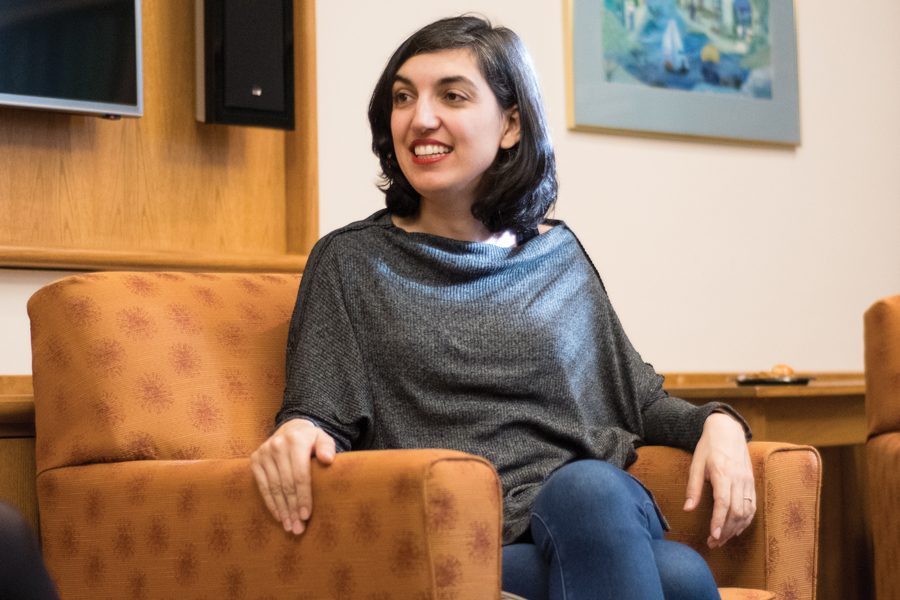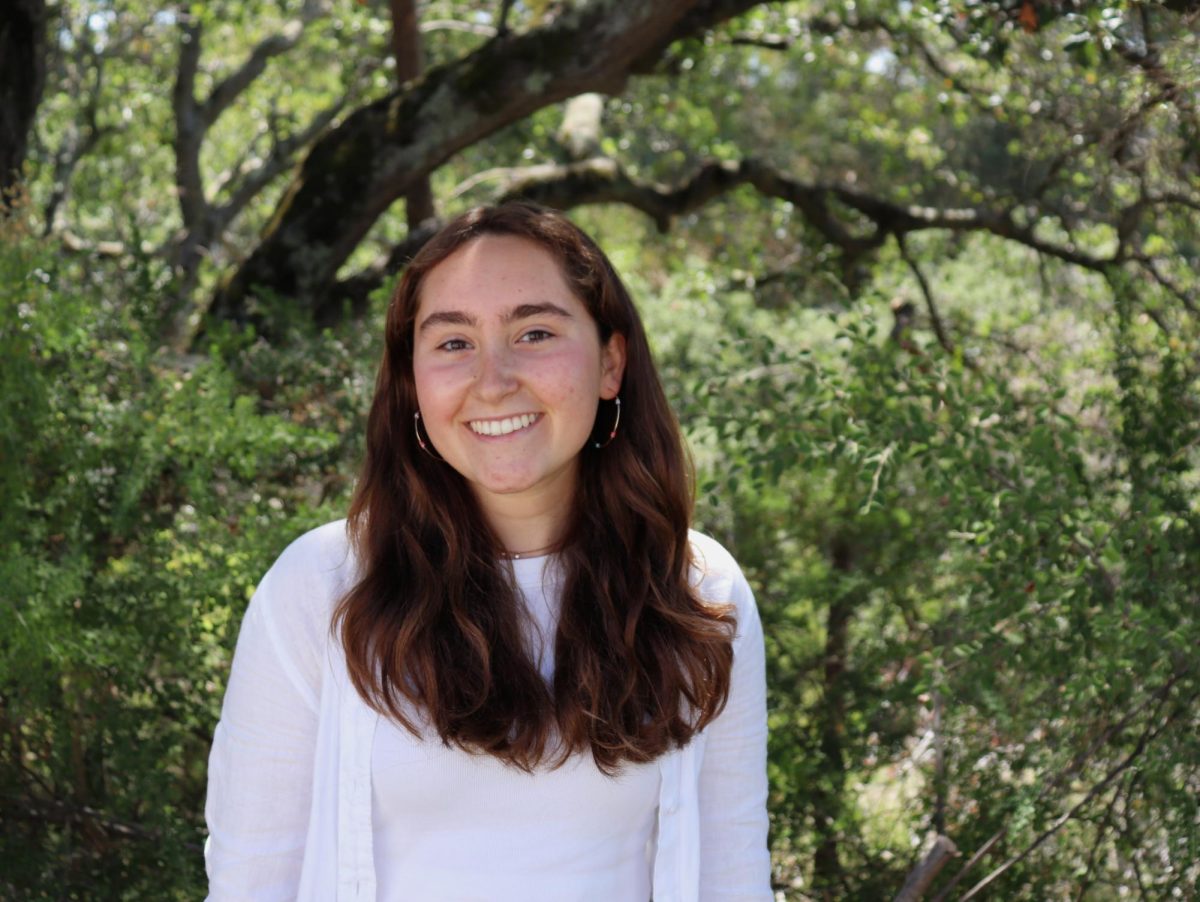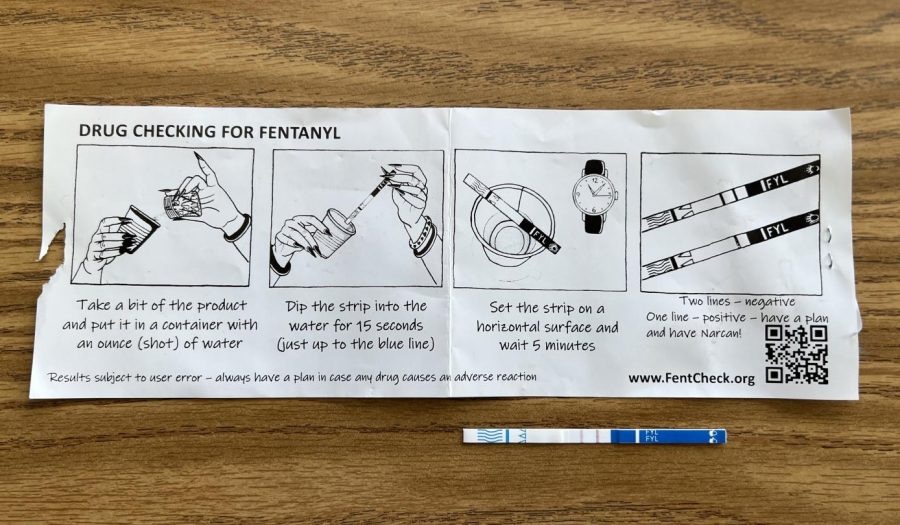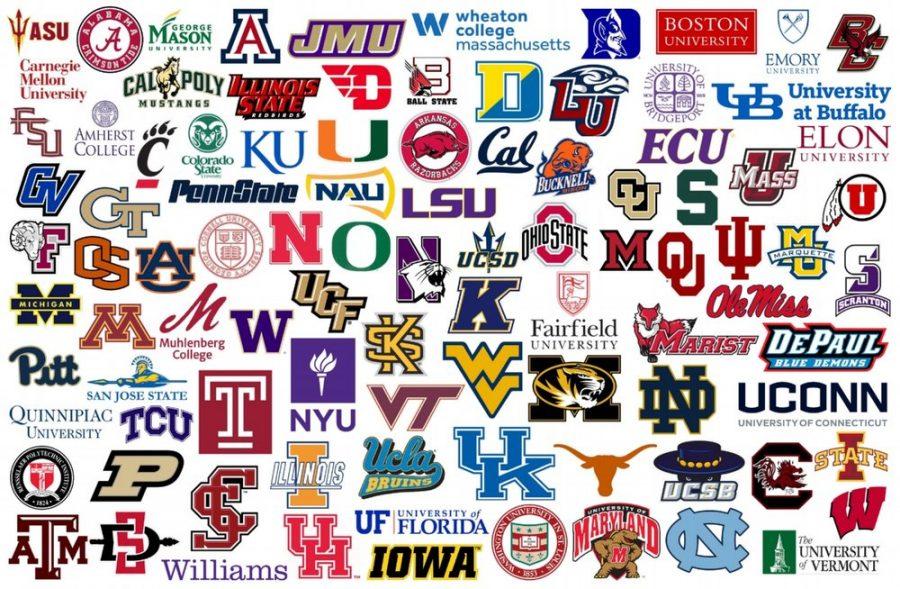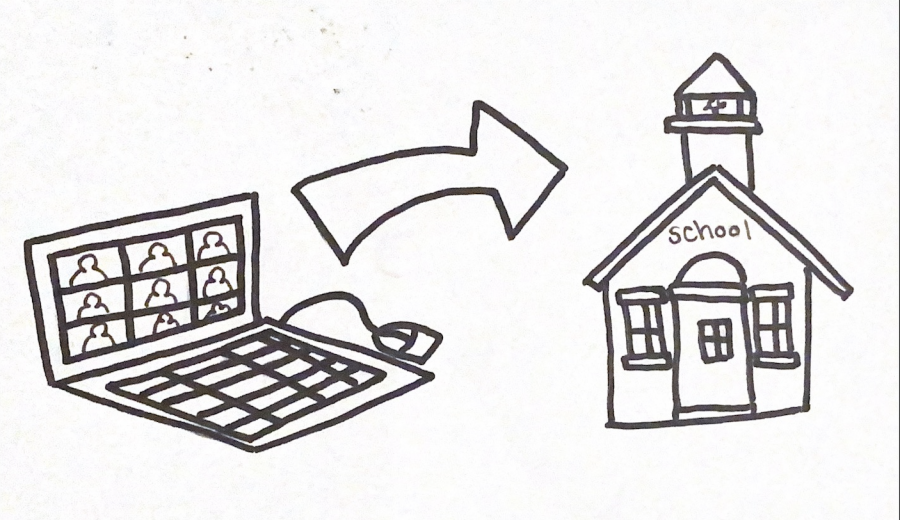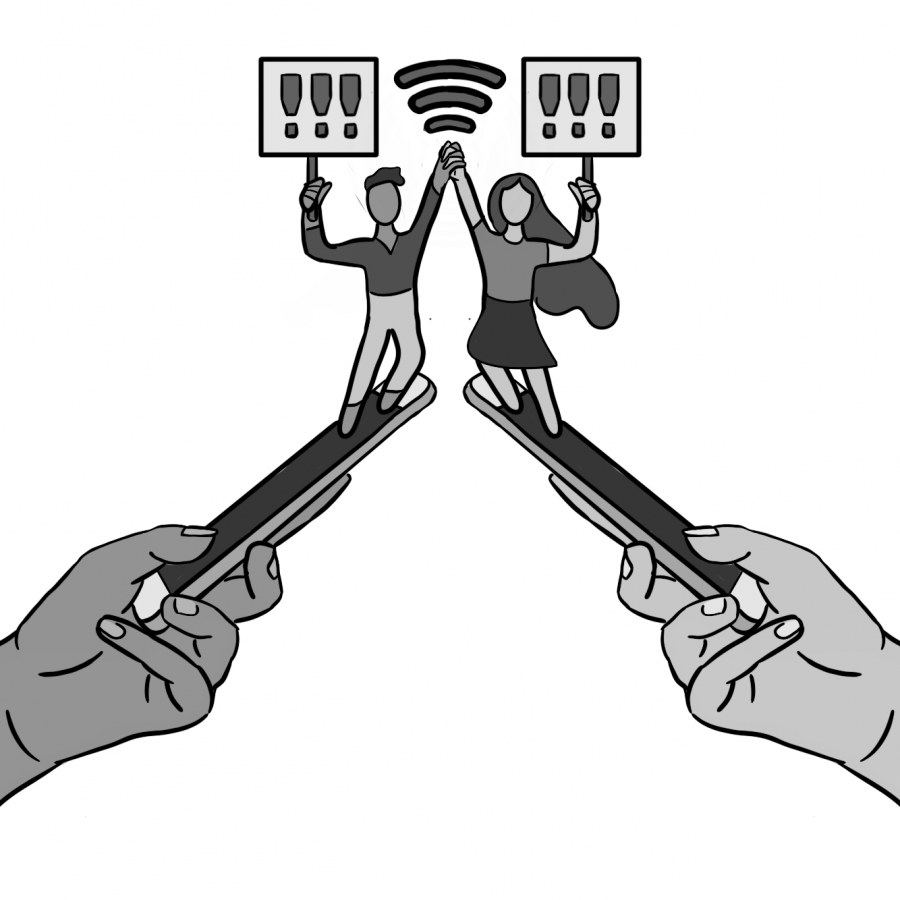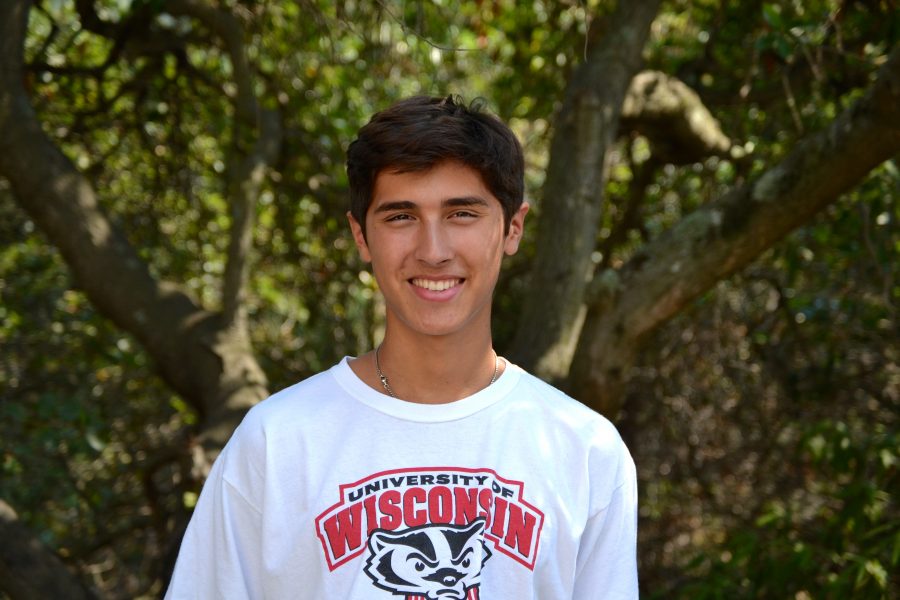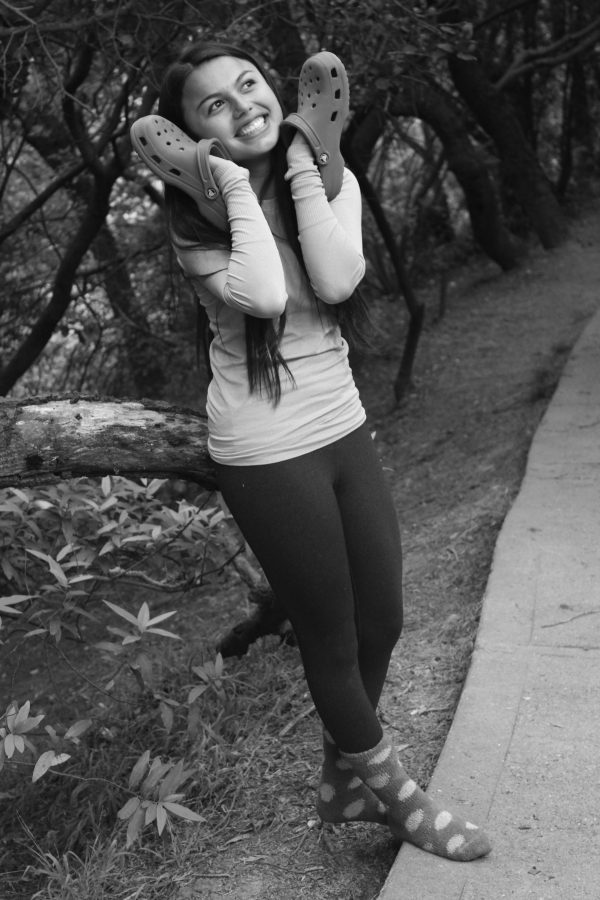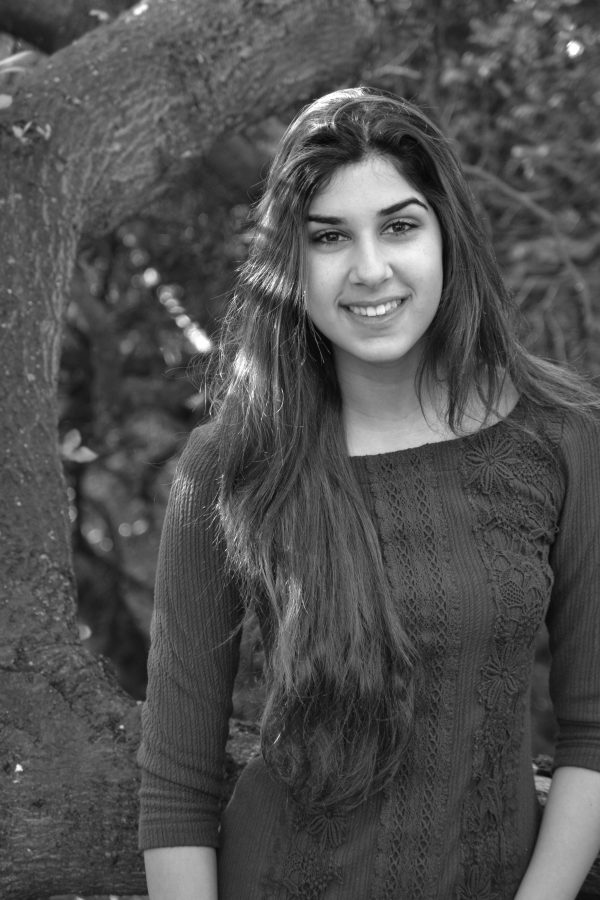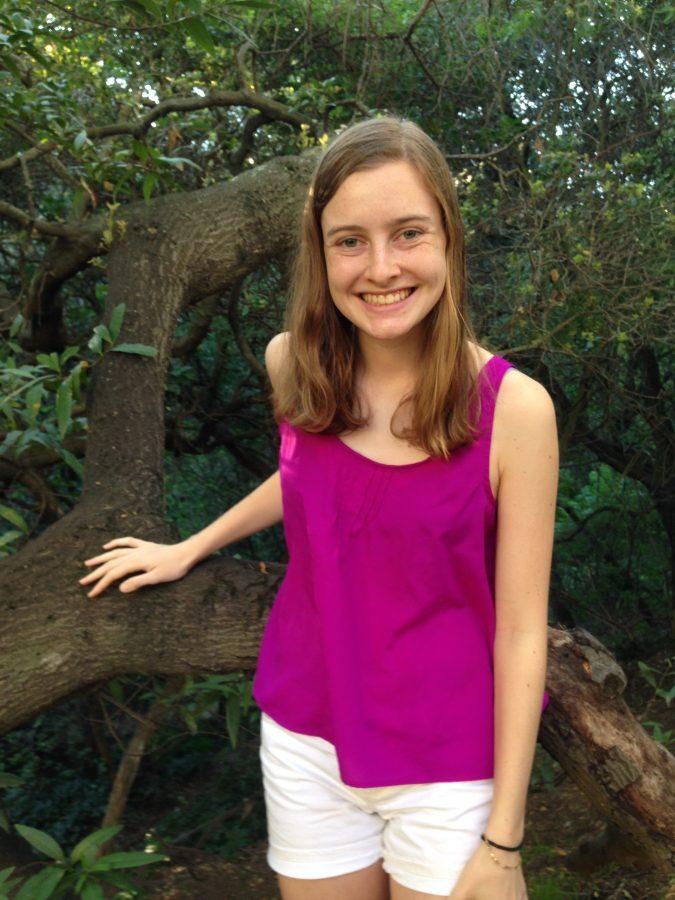As acts of terrorism, natural disasters and political crises have grabbed the world’s attention throughout the last few weeks, Piedmont students have taken to social media to express their opinions and support.
After the Nov. 13 Paris attacks, numerous students altered their Facebook profile pictures to include the French flag, an option promoted by Facebook, and posted using hashtags to support the cause.
On Twitter alone, #prayforparis has been used 7,108,982 times around the globe since the attacks, according to data from Twitter analytics firm Topsy.
Senior Drew Collins said that even after seeing the majority of his Facebook friends post about the event, he noticed that fellow students did not express a desire to discuss it. Collins said that he saw widespread support for the French victims. He also read many posts that spoke out about the extensive coverage of Western victims compared to those affected by events in other parts of the world.
“I feel like many people’s way of showing support on social media is somewhat superficial,” Collins said. “But, regarding the backlash, I don’t think that something like changing your profile picture is insensitive, and I totally understand why people did it.”
Collins said that, in general, there is nothing wrong with showing support, and Piedmont students usually have the best intentions when they use social media to promote a cause.
However, others disagreed with the trend that came out of expressing sympathy for solely the victims of Paris, and saw this as a larger social issue. Culture Club co-founder junior Emily Rexrode believes the mass support of Paris but not other countries that have faced similar disasters (such as Kenya, Syria, Lebanon and others) is indicative of popular culture’s close-minded media.
Rexrode was referring to attacks such as the one in Kenya last April, where 147 college students were shot and killed by a Somalian militant group, with a total of 18 more deaths than the Paris attack. She also mentioned Syria, which is now over four years into a civil war, and has an estimated 200,000 deaths since the war began, according to The New York Times. Another attack, in Lebanon, involved a suicide bombing in Beirut, where 43 were killed and over 239 were injured by ISIS.
While #prayforparis trended on social media around the world, Topsy recorded 352,369 tweets with #prayfortheworld; 952,797 tweets with #prayforsyria; 536,581 tweets with #prayforlebanon; and a mere 13,627 tweets for #prayforkenya, even though that attack took place months before the other disasters.
“I think an overwhelming amount of the people changing their profile picture to the French flag don’t even know the first thing about how the conflict arose,” Rexrode said. “They don’t know what a Sunni or a Shiite is, and remain totally ignorant.”
Rexrode said that, in her opinion, the most important stances on social media by other students are those showing the inequality of coverage between Paris and other countries.
“What happened to the French people was horrible, and I admire their resilience, but the response and attention it has received exposes our society’s ignorance toward issues relating to people of color,” Rexrode said.
Facebook utilized its location-based check-in feature directly after the Nov. 13 attack for people in and around Paris to send notifications marking themselves as safe to their Facebook friends.
This feature was first created to help victims of the Japanese Tohoku earthquake and tsunami in 2011, and since used during other times of disaster, such as after the earthquake in Nepal last April or the floods in Channai, India earlier this month.
“I think we assume these countries are primitive societies that don’t have things like internet,” Rexrode said. “That’s such a generalization, it isn’t based in fact.”
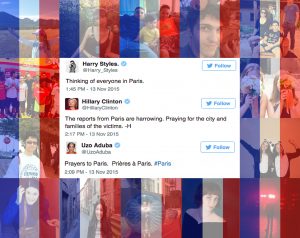 Junior Taylor Scofield, one of the students who used the French flag filter on her Facebook profile, said that the people should be educated about the causes they show support for.
Junior Taylor Scofield, one of the students who used the French flag filter on her Facebook profile, said that the people should be educated about the causes they show support for.
Social media can be an amazing tool for exchanging opinions, as long as it is done with thoughtfulness, she said. Scofield also said that it is important for people to know that there is a difference between showing sympathy online and actually helping those in need.
“A lot of times I associate political reaction chains with social media,” Scofield said. “There’s nothing wrong with showing support on social media, but the Paris filter definitely reflected how Eurocentric the majority of our society is.”
Collins said that, while he agrees with this viewpoint, most students probably did not give the simple act of changing a profile picture that much thought, but the fact that these issues are being talked about are great.
Both the initial coverage of the Paris attacks and the backlash to that mass reporting have been consistently discussed in the media since the events occurred.
Senior Hana Elabed, who is Muslim and half French, said that she has heard many different opinions about the use of social media to react to the Paris attacks. Despite the widespread stereotypes against people of her religion, she said she is glad that multiple Piedmont students have spoken out about this issue on social media.
“I would encourage people across the country to not only show support for Paris but also all of the other places that are victims of ISIS attacks that we won’t even hear about,” Elabed said. “If I could change my profile picture to every single flag of every single country that is affected by terrorist attacks, I would.”



